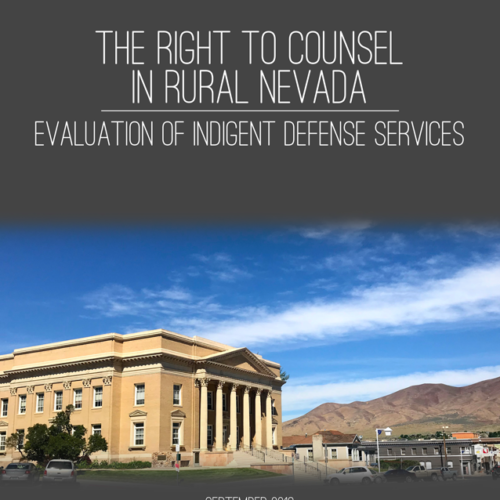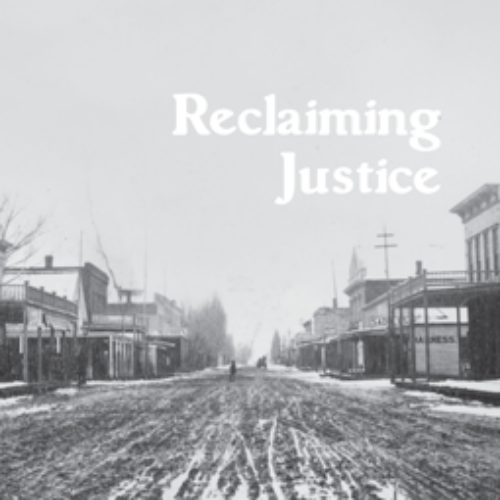Evaluations
We independently and objectively evaluate indigent defense systems using Sixth Amendment case law, local and federal laws, and national standards as our guides. We do so only when asked by the jurisdiction. Our methodology includes legal research and analysis; data collection and analysis; court observations; and interviews with criminal justice stakeholders and policymakers.
Support Our Work
Criminal justice issues that disproportionately harm poor people, such as wrongful convictions and over-incarceration, cannot be fixed if indigent defendants are given attorneys who do not have the time, resources, or qualifications, to be a constitutional check on government. Yet, investment in improving indigent defense services remains largely neglected. The Sixth Amendment Center is the only nonprofit organization in the country that exclusively examines, uncovers, and helps fix the root of the indigent defense crisis in which inequality is perpetuated because poor defendants do not get a fair fight.
The Sixth Amendment Center is a tax-exempt 501(c)(3) nonprofit organization under EIN: 45-3477185.
Donations are tax-deductible to the fullest extent allowable under the law.

